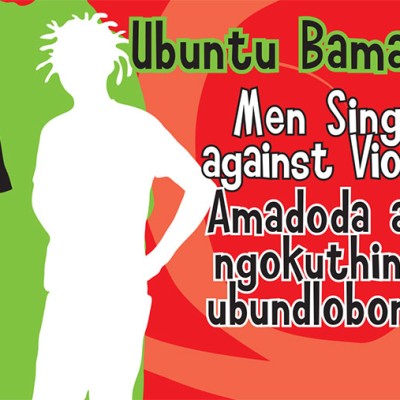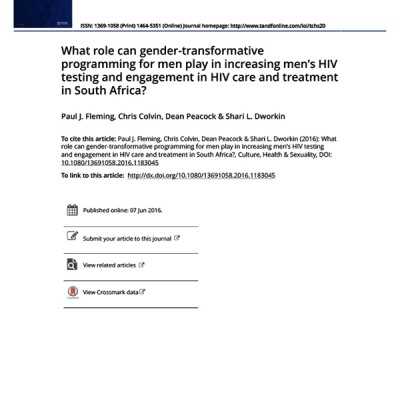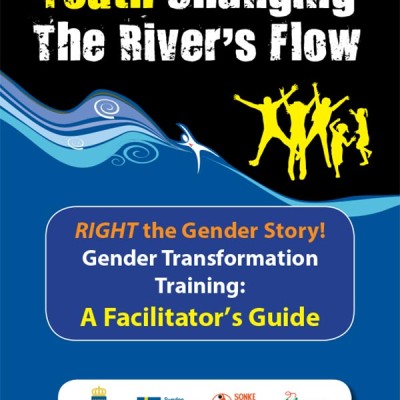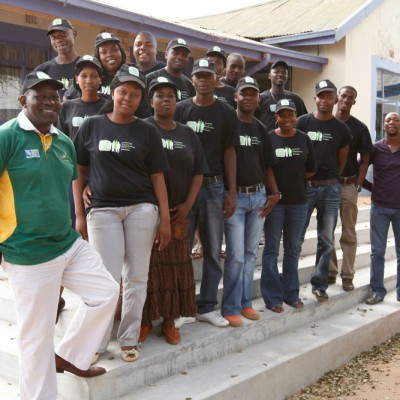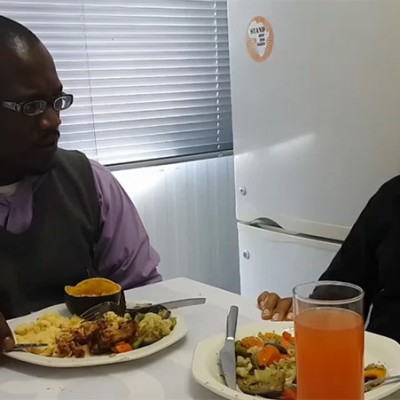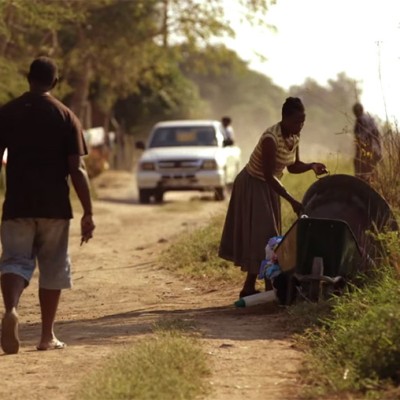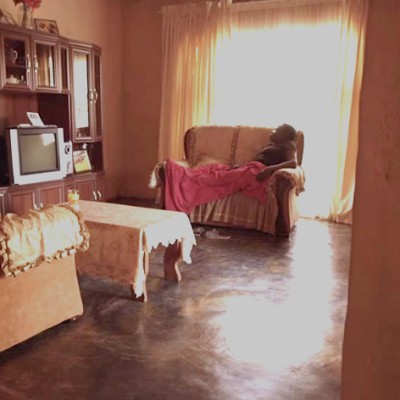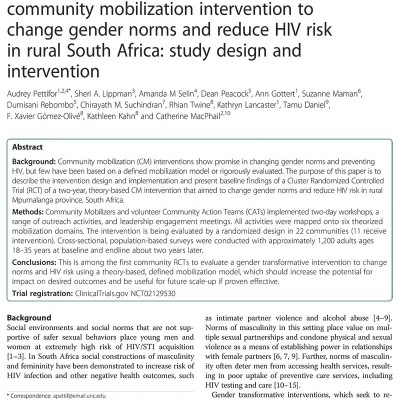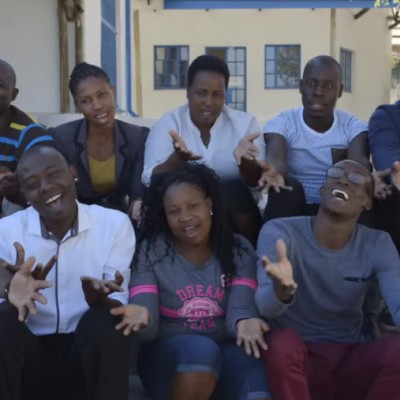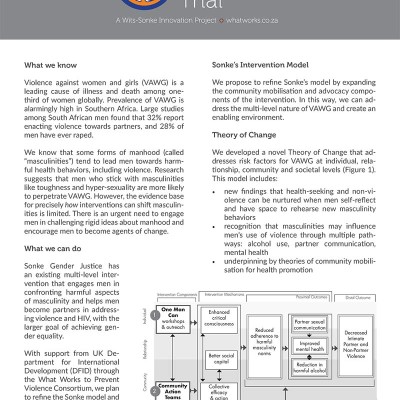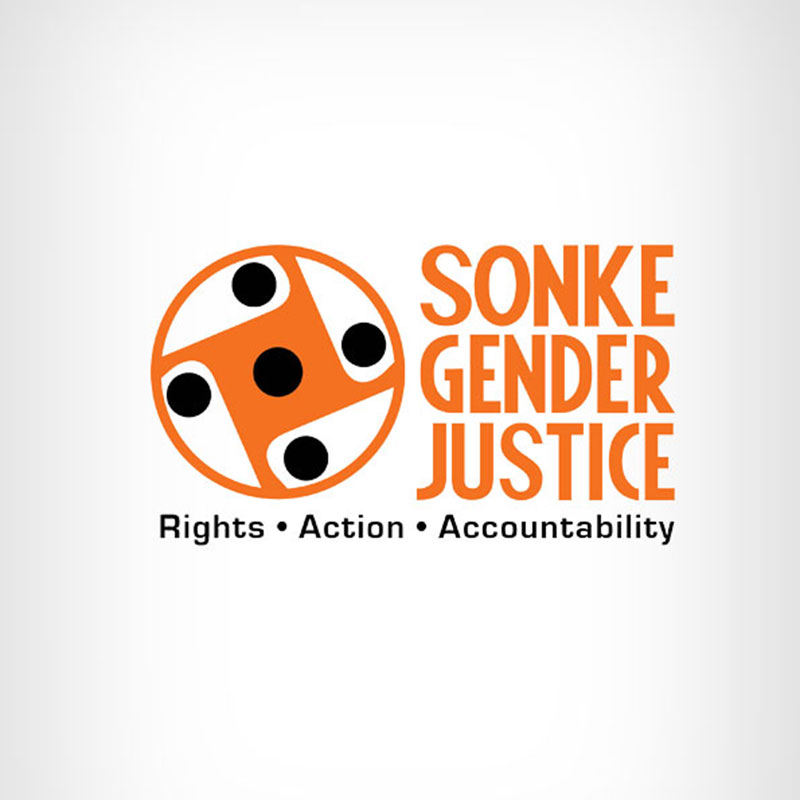Until 2014, Dumisani Rebombo is running the One Man Can (OMC) project at our new satellite office in Bushbuckridge, Limpopo. The project forms part of a four-year randomised control trial being undertaken by Wits, UCSF and UNC and seeks to show how Sonke’s OMC community mobilisation model can reduce the levels of violence in these communities and ultimately reduce the levels of HIV infection amongst young women.
Bushbuckridge Local Municipality (LM), in the central lowveld, plays host to Wits Rural Facility (WRF), not far from the Kruger National Park. The WRF performs a wide range of community service activities, including training, legal support, lobbying for better infrastructure, and organisation. Its service, research and teaching activities are aimed at improving the lives of people in the Bushbuckridge area and including issues relevant to the lives of rural people on research and teaching agendas in South Africa. This makes Bushbuckridge LM an ideal community to work with, as there are facilities and a basic structure from which to operate. The project is currently in its initial phase, and is set to expand in the near future.
The community comprises 25 villages, but OMC activities will be implemented with young people in only 11 of them. All 25 villages will be monitored for incidences of gender-based violence including rape, HIV prevalence, health-seeking behaviours including self-reported habits of condom use, and more. This will provide empirical evidence of OMC’s effect on behaviour change and its impact within communities by comparing statistics between the trial and control groups.
The goals of the project are to equip and motivate community members both to prevent HIV, gender inequality and gender-based violence, and to intervene when they identify violence in their communities. Because the specific needs and social structures of each community differ from place to place, mobilisers and Community Action Teams undergo training and education in navigating these structures to most effectively and sensitively implement the campaign in their areas. Ongoing training provides CAT members with a wide range of relevant skills and knowledge, including reporting, networking, health education, refugee and migrants’ rights and advocacy on local platforms.

